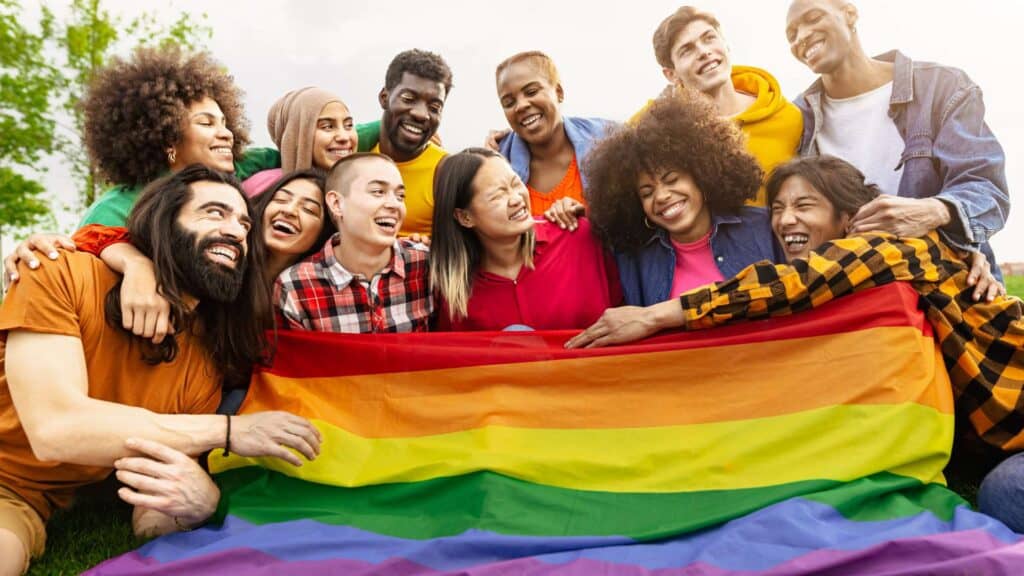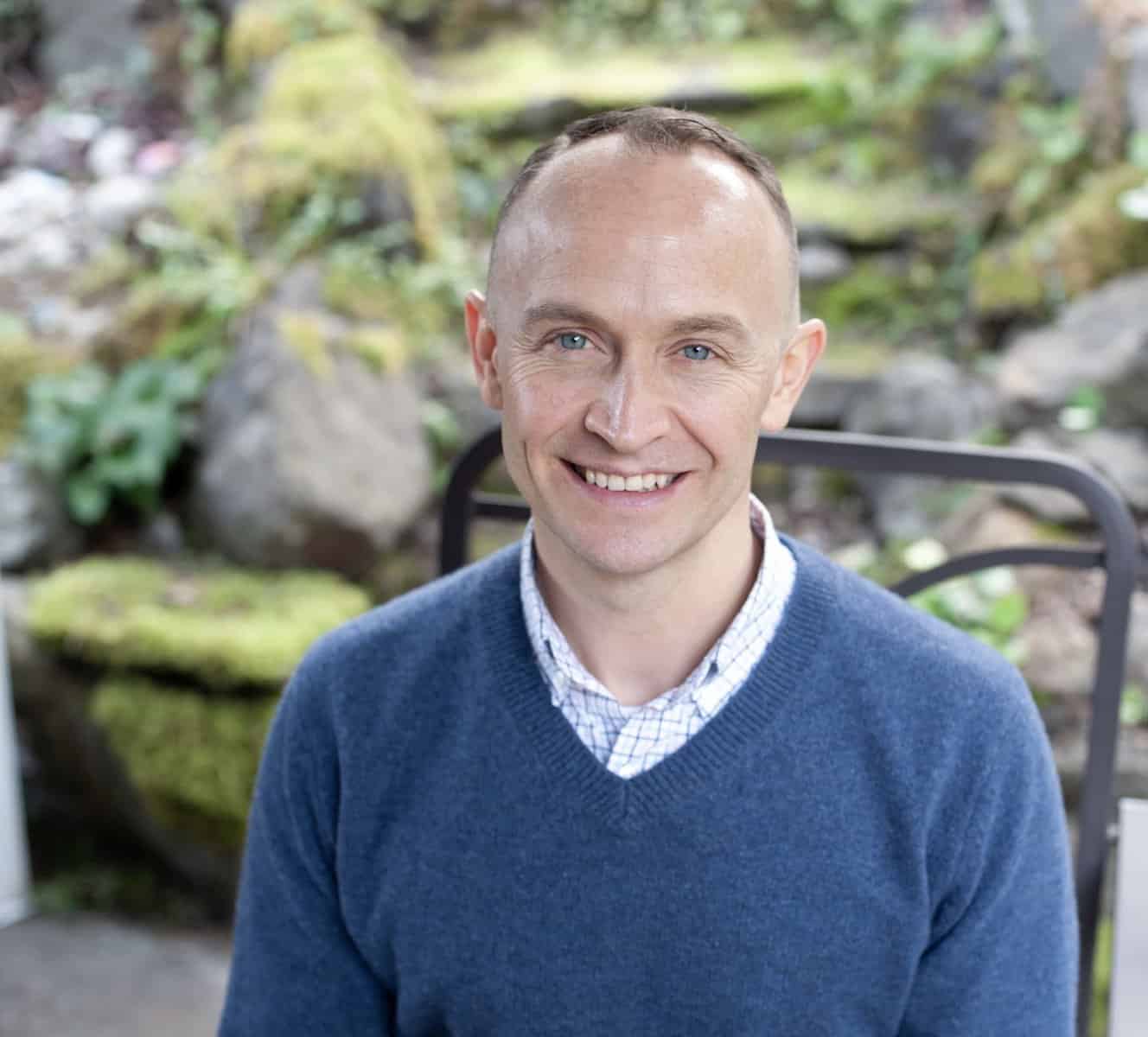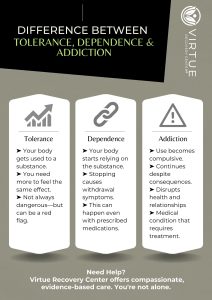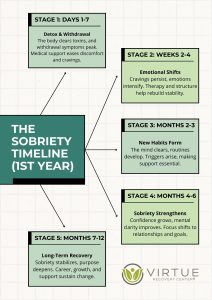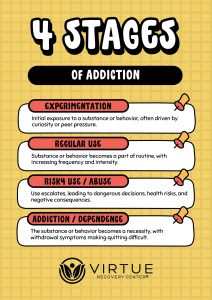Key Takeaways
- LGBTQIA+ Individuals Face Higher Risks: Members of the LGBTQIA+ community are at a greater risk of developing eating disorders compared to their heterosexual peers.
- Unique Challenges and Pressures: Discrimination, societal pressure, and body image struggles contribute to higher rates of eating disorders in the LGBTQIA+ community.
- Youth are Especially Vulnerable: LGBTQIA+ youth are much more likely to engage in dangerous weight control behaviors, increasing their mental and physical health risks.
- Inclusive Treatment is Key: Specialized care for the LGBTQIA+ community is essential to ensure individuals receive understanding and compassionate support.
Introduction
Eating disorders are one of the most severe health conditions that are not restricted to any particular age, gender, or race. Still, it has been ascertained from research that people who belong to LGBTQIA+ are at a higher risk of developing it. These people face different issues, such as prejudice, prejudice from society, and personal stress associated with their particular identity. This makes them more susceptible to developing eating disorders such as anorexia nervosa, bulimia, and binge eating disorder. At Virtue Recovery Las Vegas, we know the difficulties above, and that is why we provide an integrated approach to LGBTQIA+ clients who are struggling with eating disorders.
Higher Rates of Eating Disorders in the LGBTQIA+ Community
Research also shows that gays and lesbians are more prone to eating disorders as compared to their straight counterparts. The statistics tell a troubling story:
- LGBTQIA+ youth are three times more likely to develop an eating disorder compared to straight youth.
- Homosexual and bisexual boys are six times more likely, and homosexual and bisexual girls are 2.5 times more likely to develop an eating disorder than their straight peers.
- About 1 in 3 sexual minority teens report engaging in dangerous weight control behaviors, such as skipping meals, fasting, vomiting, or using laxatives, within the past month.
The risk is even higher for transgender individuals. Transgender college students are diagnosed with eating disorders at four times the rate of their cisgender classmates, and about 32% of transgender people use eating disorders to try to modify their bodies, such as reducing curves or halting menstruation. Additionally, 75% of transgender college students with eating disorders have attempted suicide, making it clear that these issues are deeply tied to mental health struggles.
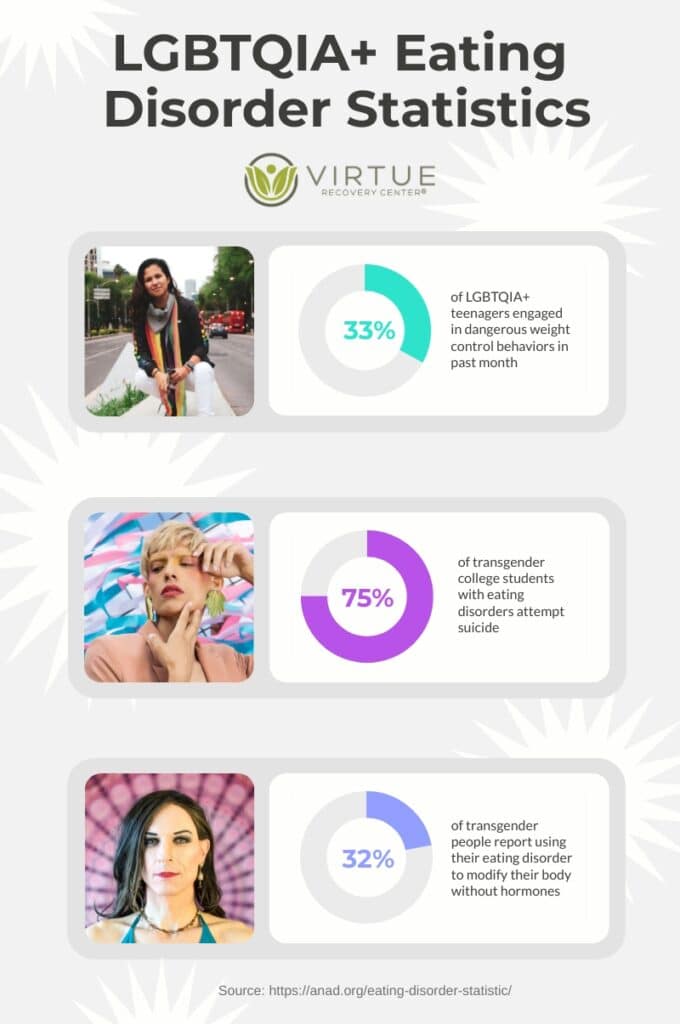
Understanding Why Eating Disorders Are More Common in LGBTQIA+ Individuals
One wonders why sexual minorities, at least those out in employment or looking for it, endure such high levels of risk for eating disorders. The causes are manifold, but the bottom line tends to be stress, discrimination, and a distorted body image.
- Discrimination and Stigma: Many LGBTQIA+ people experience bullying, rejection, and misunderstanding from family, peers, and society. This can lead to feelings of isolation, low self-worth, and a desire to control some aspect of their lives—such as their body or food intake.
- Body Image Struggles: LGBTQIA+ individuals, especially transgender people, may feel discomfort with their bodies as it doesn’t match their gender identity. Some use disordered eating to try to change their body without medical intervention.
- Mental Health Issues: LGBTQIA+ people are more likely to experience depression, anxiety, and other mental health challenges, all of which can increase the likelihood of developing an eating disorder.
Unfortunately, many LGBTQIA+ individuals do not feel that their eating disorder is connected to their identity. 56% of transgender people with eating disorders don’t believe their condition is related to their physical body, even though body image and identity are often intertwined.
Dangers of Eating Disorders in LGBTQIA+ Youth
Eating disorders are lethal, regardless of people’s gender, race, or age, and they are extra deadly for the youth in general and to the LGBTQIA+ youth in particular. These disorders not only affect the physical aspect of an individual’s life but also are detrimental to the mental aspect as well. Some of the unsafe attitudes toward weight loss among teenagers include excessive exercising, skipping meals, or purging; several outcomes make those teenagers ill, and they are more likely to get into severe mental disorders like depression or suicidal thoughts.
For instance, gay and bisexual boys are four times more likely to use high-risk weight control behaviors than heterosexual boys, and lesbian and bisexual girls are twice more likely to engage in high-risk weight control behaviors than their heterosexual counterparts. Such behaviors are likely to have detrimental effects when they persist, and they may include long-term health implications and mental health results.
The Importance of Inclusive and Specialized Treatment
Since the queer community is often faced with additional barriers than the mainstream society, the treatment for eating disorders must embrace and address these issues. A favorable environment is embraced because an individual has to feel free and comfortable to deal with his or her disorder. Targeted treatments that incorporate aspects of stress faced by sexual minorities will assist LGBTQIA+ people in healing from troubles in an empowering and embracing manner.
At Virtue Recovery Las Vegas, we give particular focus on recovery, where the patient masters the eating disorder while working on identity and mental health-related issues. We aim to provide a coming-out community for people with various orientations and gender identities.
Virtue Recovery Las Vegas Provides Specialized Care
At Virtue Recovery Las Vegas, we know that eating disorders in the LGBTQIA+ population are connected to deeper issues – such as identification or lack of. The reason why our treatment programs are individualized is to ensure that all people are given what they require to overcome their disorders.
Our services include medical management combined with psychotherapy and group support services to help clients deal with eating disorders and the psychological and emotional disorders that lead to them. We are very particular about the kind of treatment our staff gives to the clients; our main concern is to make every client feel acknowledged and accepted for who they are, with particular consideration of their gender preference.
Conclusion
Self-erasing literature has been observed to be shared among those with eating disorders within the LGBTQIA+ community, and the latter is more vulnerable than the former. Discrimination, poor body image, poor mental health, stress, and social isolation make it all the more important for members of the queer community to find treatment. If you or your loved ones have an eating disorder, get in touch with Virtue Recovery Las Vegas at 866-520-2861. It is our team’s privilege to help you overcome these problems and start the path to healing.
FAQs About Eating Disorders in The LGBTQIA+ Community
Why are eating disorders more common in the LGBTQIA+ community?
Because of the prejudice that the LGBTQIA+ community has, combined with the possibility of having issues with body image and mental health problems, among others, the chances of developing an eating disorder are high among the community.
What are the risks of eating disorders in LGBTQIA+ youth?
LGBTQIA+ adolescents are more likely to report risky weight control practices that may result in physical and psychological complications such as depression and suicidal ideation.
How can specialized treatment help LGBTQIA+ individuals recover from eating disorders?
Eventually, specialized treatment guarantees a protected and accepting atmosphere, within which it is possible to address more than eating disorders but also underlying identity and mental health concerns among the members of the queer community.
What support does Virtue Recovery Las Vegas offer for eating disorders?
Las Vegas proudly offers treatment that is medical and therapeutic and supports individuals and groups who cater to the needs of the LGBTQIA+ population.
Are there resources for transgender individuals dealing with eating disorders?
Yes, Virtue Recovery Las Vegas has a specialized program to cater to the needs of transgender individuals about both eating disorders and other issues that have to do with body image and gender identity.
How Does the LGBTQIA+ Community Compare to Military Service Members and Veterans in Terms of Eating Disorder Prevalence?
Research on military eating disorder statistics have shown that both the LGBTQIA+ community and military service members/veterans experience higher rates of eating disorders compared to the general population. Factors such as societal pressure, body image issues, and trauma contribute to the prevalence of eating disorders in these communities.
Resources
https://anad.org/eating-disorder-statistic/
https://www.thetrevorproject.org/research-briefs/eating-disorders-among-lgbtq-youth-feb-2022/

